
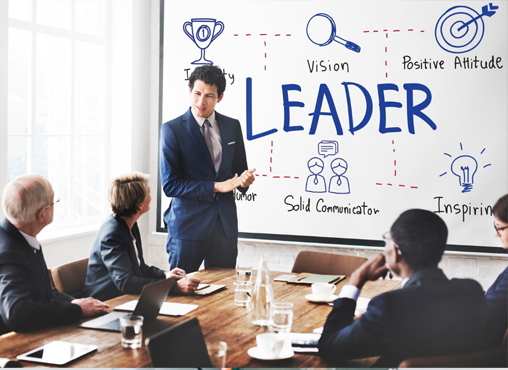

The First Time Manager (FTM) program is a dynamic and immersive learning journey designed to empower emerging leaders with the essential skills and mindset required for success in higher management roles. Through a blend of experiential learning methodologies, including simulations and action learning plans, participants embark on a transformative journey aimed at unlocking their full potential as leaders in today's complex business environment.
Utilizing a combination of theoretical knowledge and practical application, the FTM program is meticulously crafted to foster self-awareness, develop leadership competencies, enhance communication effectiveness, and cultivate strong team management skills. Participants engage in interactive simulations, where they navigate real-world scenarios and apply newly acquired knowledge in a risk-free environment. These simulations offer invaluable opportunities for hands-on learning, allowing participants to experiment with different approaches, receive feedback, and refine their leadership style.
Furthermore, the FTM program incorporates action learning plans as a cornerstone of its design. After each module, participants are tasked with developing actionable plans that translate theoretical concepts into tangible strategies for implementation in their professional roles. These action learning plans serve as practical roadmaps for participants to apply their learning directly to their day-to-day responsibilities, driving continuous improvement and growth throughout the program.
By leveraging experiential learning methodologies such as simulations and action learning plans, the FTM program goes beyond traditional training approaches to deliver a highly engaging and impactful learning experience. Participants emerge from the program equipped with the confidence, skills, and insights needed to excel as effective leaders in an ever-evolving business landscape.
The objectives of the First Time Manager (FTM) Programme are to:
Foster self-awareness and understanding of the managerial role
Develop skills in managing performance, goal setting, feedback, and delegation
Cultivate leadership qualities and translate vision into actionable goals
Enhance communication effectiveness and influencing skills
Build capabilities in leading and managing teams through various stages of development
Develop critical thinking and decision-making abilities
Equip participants with conflict resolution strategies and skills
FTMs who are transitioning from an individual contributor role to a managerial role with the responsibility of leading a team.
Managers who have transitioned into a managerial role for the first time but has not received any formal training or needs further managerial skill development.

The learning journey spans two months and is delivered virtually, allowing participants to engage remotely while maintaining a high level of interaction and learning. Each module is designed to be three hours long, ensuring comprehensive coverage of the topics while optimizing participant engagement and retention. The programme incorporates a blend of theoretical learning, interactive discussions, practical exercises, and simulated environments to enhance learning effectiveness and application in real-world scenarios.
The learning journey follows a structured framework that begins with a comprehensive assessment using the Harrison Assessment tool to gauge participants' strengths and development areas. This assessment serves as a foundation for personalized learning experiences tailored to each participant's unique needs. Throughout the programme, participants engage with pre-work materials, reading assignments, and videos via a dedicated learning platform. The modular structure ensures a progressive learning experience, with each module building upon the previous one to reinforce key concepts and skills.

| Time | Topics Of Discussion |
|---|---|
| 15 minutes | Introductions and objectives of the session |
| 45 minutes | Understanding Harrison Report: Introduction and Debrief (Concepts on Self-awareness) |
| 30 minutes | Q&A on reports |
| 10 minutes | Break |
| 50 minutes | Understanding the role and expectations from a manager |
| 30 minutes | Way forward to the FTM journey and Action Learning Plans |
| Time | Topics Of Discussion |
|---|---|
| 10 minutes | Introductions and objectives of the session |
| 40 minutes | Planning and organizing Leveraging a personal organizational system and delegation |
| 30 minutes | Effective goal setting Practice drafting goals |
| 40 minutes |
The art of giving and receiving feedback
|
| 30 minutes | Apply learning in a simulated environment (Includes walkthrough and simulation play) (GRF sim) |
| 15 minutes | Debrief of the simulation reports |
| 10 minutes | Q&A and closure |
| Topics Of Discussion | |
|---|---|
| 10 minutes | Ice breaker in alignment with session objectives |
| 45 minutes | Qualities of a leader Helping the team visualize one's leadership vision Translating leadership vision into team goals (Connecting to the discussion in session 2) |
| 30 minutes | Introduction to contextual leadership Gauging team members' skill and morale Identifying individual needs |
| 60 minutes | Apply learning and analyze participants' actions in a simulated environment (iLead) |
| 30 minutes | Debrief, Q&A and Conclusion |
| Time | Topics Of Discussion |
|---|---|
| 10 minutes | Icebreaker in alignment with session's focus areas |
| 60 minutes | Understand the importance of effective communication Discover ways of communicating more effectively Discover ways of communicating more effectively – focus on Interpreting, Articulating, and Influencing |
| 30 minutes | Influencing styles based on social styles Activities on "listening" and "questioning" |
| 40 minutes | Apply the learning and analyze actions in a simulated environment (Comm sim) |
| 30 minutes | Debrief and Q&A |
| 10 minutes | Summary and conclusion |
| Time | Topics Of Discussion |
|---|---|
| 5 minutes | Welcome and introduction to session objectives |
| 35 minutes |
Laying the foundations for Great Team Performance
|
| 25 minutes |
Stages of Team Development and the Role of the Leader - Tuckman
|
| 40 minutes |
Group Process & Effectiveness
|
| 30 minutes | Collaboration & Problem Solving in Teams
|
| 30 minutes | Brief Simulation on Team Essence (Treasure Trail Simulation) |
| 10 minutes | Wrap up & reflection |
| Time | Topics Of Discussion |
|---|---|
| 5 minutes | Icebreaker in alignment with session's focus areas |
| 55 minutes | Uncover the challenges and significance of critical thinking at work Discussing how critical thinking is essential for problem-solving and decision-making in complex work environments. |
| 15 minutes | Understand the different elements of CTDM that must be taken into account Delving into the components of Critical Thinking in Decision Making (CTDM), including analysis, evaluation, inference, and interpretation. |
| 20 minutes | Appreciate the various factors that consciously and unconsciously affect decisions Examining the influence of cognitive biases, emotions, and social dynamics on individual and team decision-making processes. |
| 15 minutes | Awareness about risk appetites and biases that influence decision-making Raising awareness about how risk tolerance, cognitive biases, and past experiences shape decision-making tendencies and outcomes within teams. |
| 45 minutes | Walkthrough of the simulation and simulation play (GrandPrix simulation) |
| 20 minutes | Debrief and Wrap up |
| Time | Topics Of Discussion |
|---|---|
| 5 minutes | Introduction to the session objectives Conduct an icebreaker activity to create a positive and inclusive atmosphere |
| 40 minutes | Discovering How You Behave in a Conflict Situation – Conflict Management Styles Present different conflict management styles (e.g., collaborating, compromising, avoiding, accommodating, competing) and their characteristics. Engage participants in a self-assessment or reflection activity to identify their preferred conflict management style. |
| 40 minutes | Dealing Effectively with Conflict Explore active listening, empathy, assertiveness, and problem-solving as effective conflict resolution skills. Provide real-life examples or case studies to illustrate effective conflict management approaches. |
| 40 minutes | Thomas-Kilmann Conflict Styles Introduce the Thomas-Kilmann Conflict Mode Instrument (TKI) and its five conflict-handling modes (competing, collaborating, compromising, avoiding, accommodating). Explain how the TKI can help individuals understand their typical responses to conflict and adapt their approach based on the situation. |
| 40 minutes | Role-Play Activity Divide participants into small groups and provide them with conflict scenarios or case studies. Assign each group a specific conflict management style or Thomas-Kilmann Conflict Mode to apply in the role-play activity. |
| 10 minutes | Wrap up & reflection |

Participants undergo a personalized assessment at the outset, ensuring tailored learning experiences aligned with their developmental needs.

The programme emphasizes practical skills and real-world application through simulated environments, role-plays, and case studies.

Participants engage with a dedicated learning platform, accessing pre-work materials, articles, and videos to supplement their learning journey.

Participants develop actionable plans after each module, facilitating the application of newly acquired skills and knowledge in their respective roles.
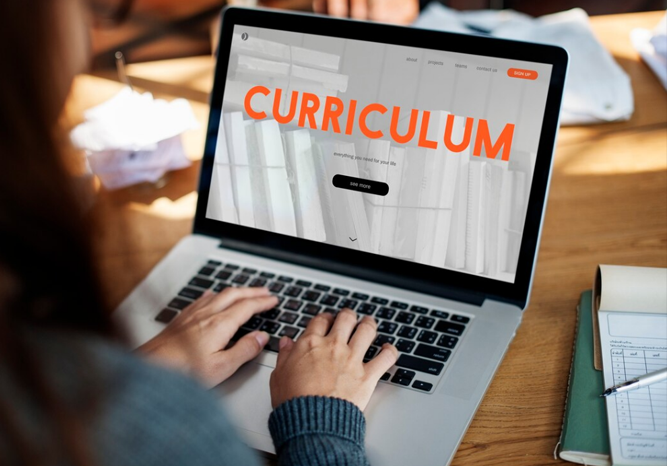
The programme covers a wide range of managerial and leadership competencies essential for success in higher roles, including communication, team management, decision-making, and conflict resolution.

Modules are facilitated by experienced consultants adept at creating engaging and interactive learning experiences tailored to participants' needs.
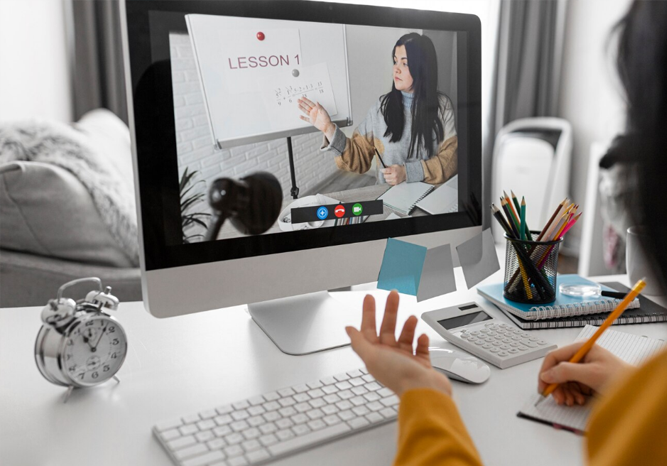
The programme is delivered in a virtual format, offering flexibility and accessibility while ensuring a high-quality learning experience.






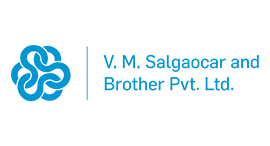
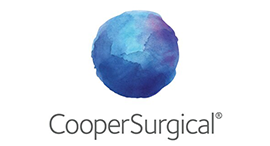
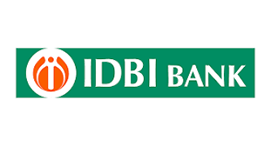

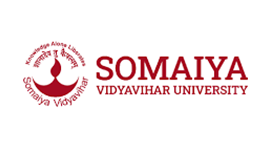
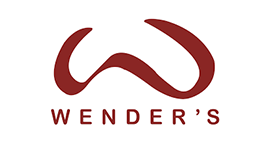
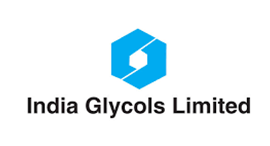
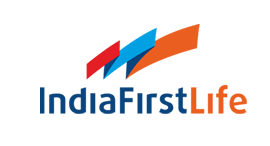
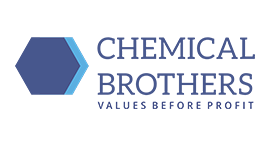

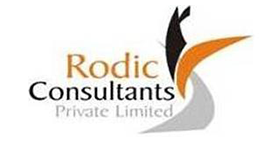
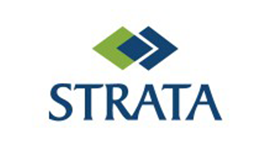



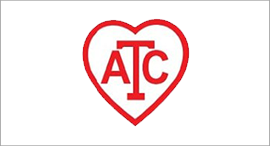

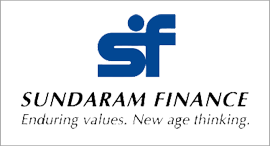
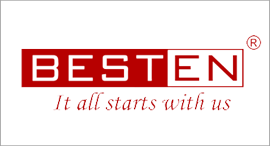

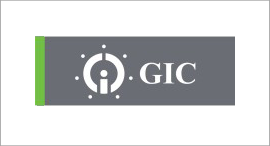
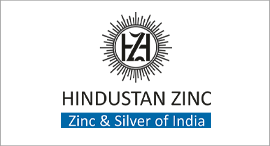

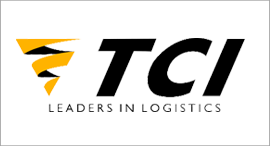

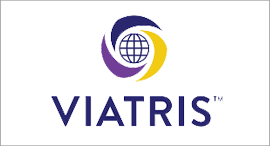
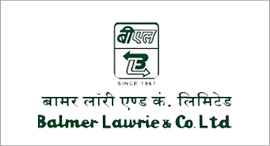


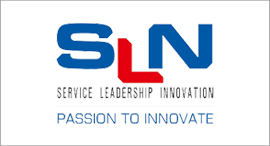
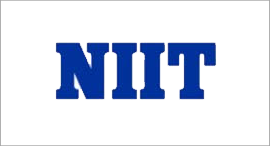
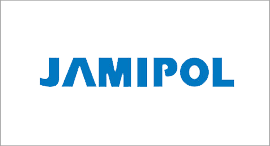
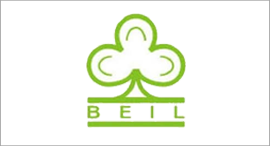
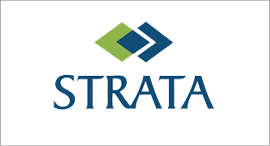
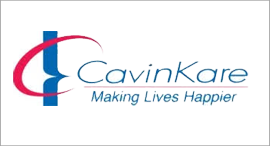


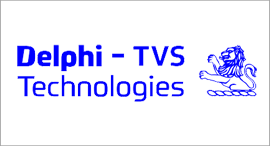
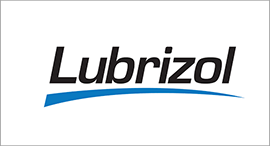

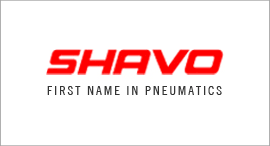
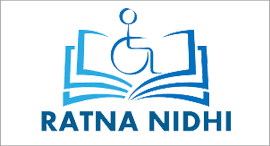
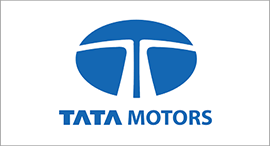
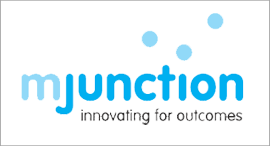
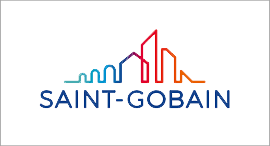


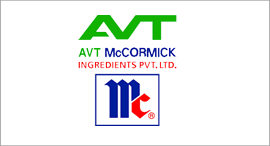

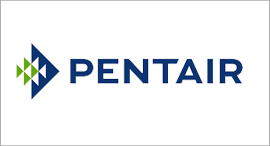
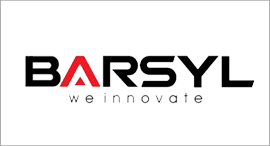
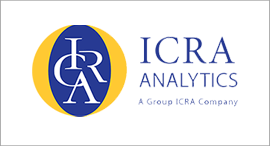
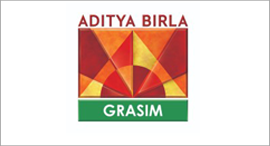





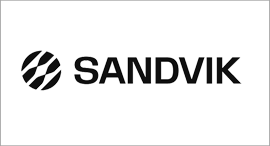



The Confederation of Indian Industry (CII) works to create and sustain an environment conducive to the development of India, partnering Industry, Government, and civil society through working closely with Government on policy issues, interfacing with thought leaders, and enhancing efficiency, competitiveness and business opportunities for Industry.
For more than 125 years, CII has been engaged in shaping India's development journey and works proactively on transforming Indian Industry's engagement in national development. The premier business association has around 9000 members, from the private as well as public sectors, and an indirect membership of over 300,000 enterprises from around 286 national and regional sectoral industry bodies.
With 62 offices, including 10 Centres of Excellence in India, and 8 overseas offices in Australia, Egypt, Germany, Indonesia, Singapore, UAE, UK, and USA, as well as institutional partnerships with 350 counterpart organizations in 133 countries, CII serves as a reference point for Indian Industry and the international business community.
The CII-Suresh Neotia Centre Of Excellence for Leadership is a part of CII's integrated agenda for building competitiveness through Centre of Excellence. The Centre was set up on the basis of CII's core belief that the quality of leadership will play a key role in enabling India to succeed in its mission for inclusive growth and competitiveness and claim its rightful position in the global arena. The Suresh Neotia Centre Of Excellence for Leadership envisages to play a major role in India's growth agenda by catalyzing leadership development across all businesses and socio cultural demographics through a range of interventions especially focusing on "people" and "process" transformations.